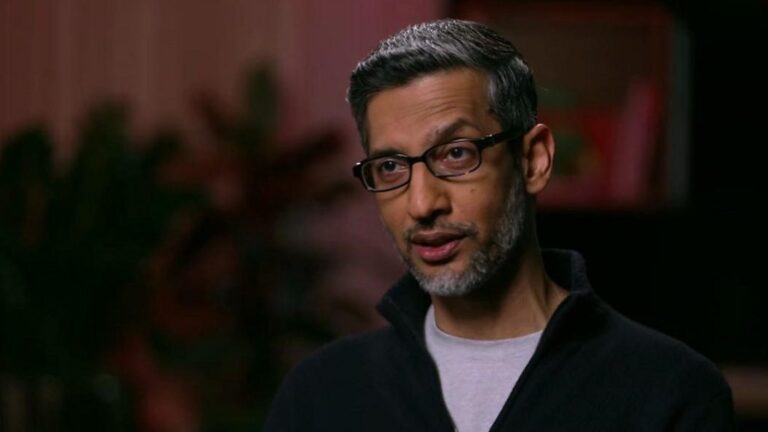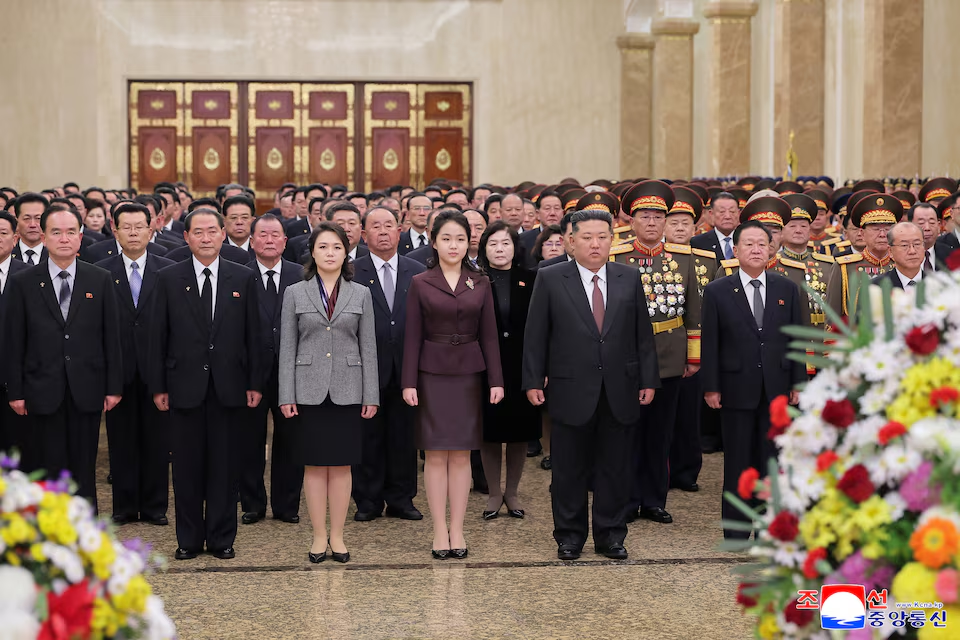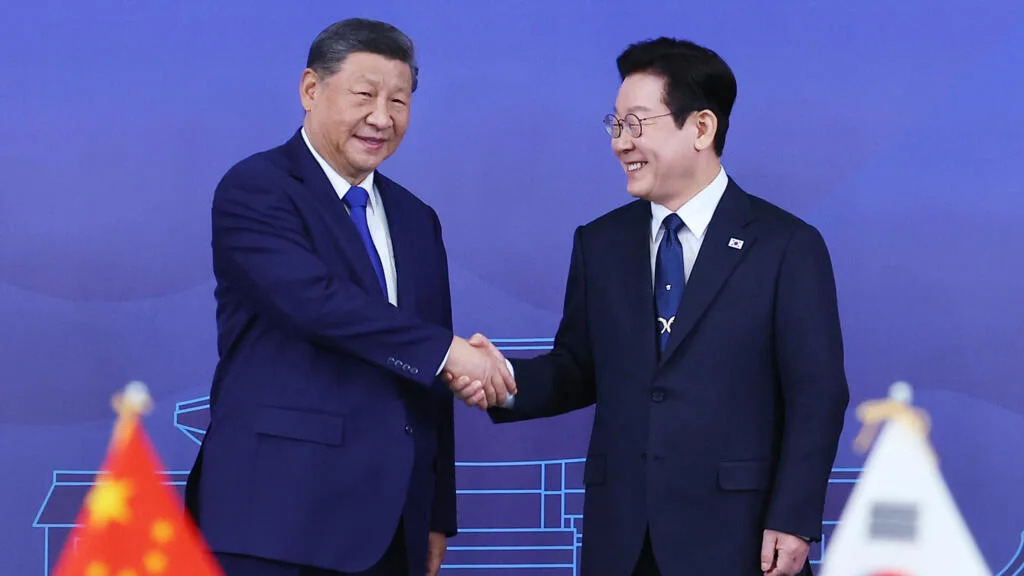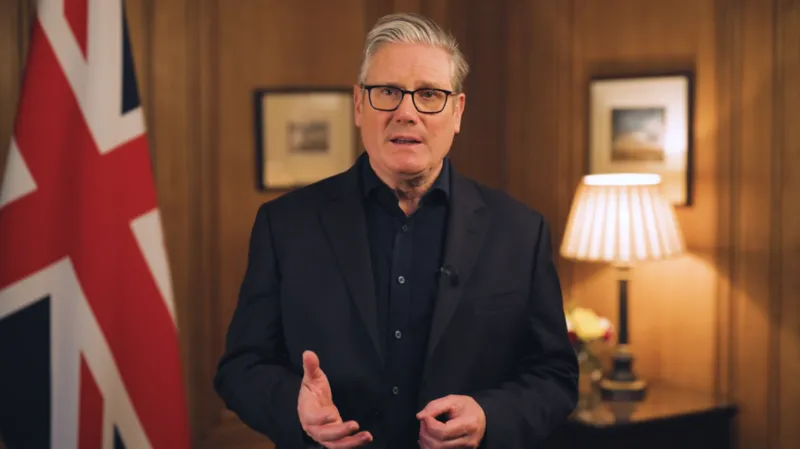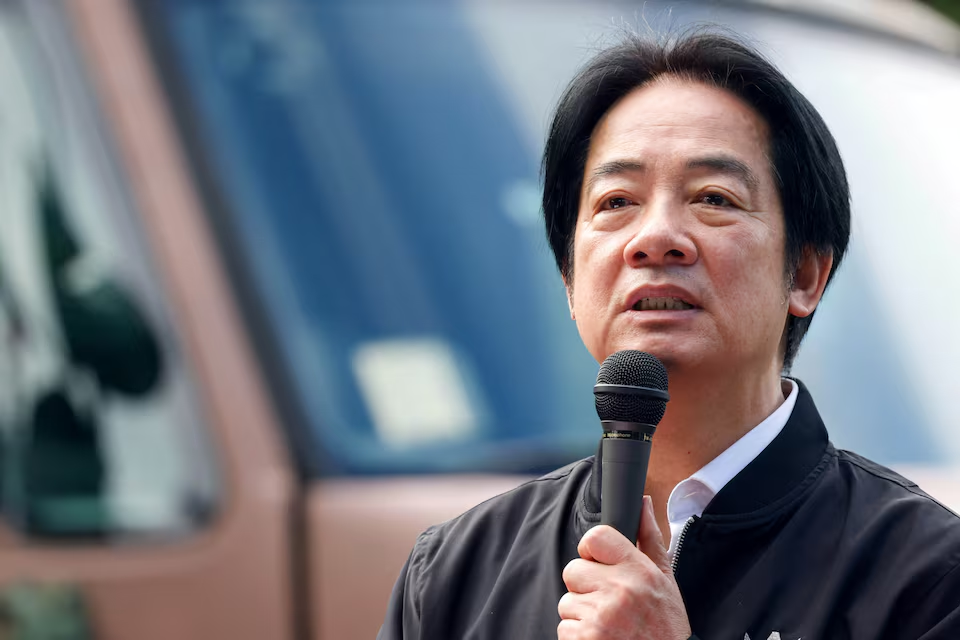Google chief Sundar Pichai is urging caution as the world races deeper into artificial intelligence, warning that no company — not even one of the industry’s dominant players — would escape unscathed if the AI boom abruptly cools. Speaking at Alphabet’s California headquarters, he said the current surge of investment is extraordinary but tinged with unmistakable “irrationality,” echoing the speculative fever that preceded the dot-com crash two decades ago.
The sector’s explosive growth has pushed valuations to historic heights. Alphabet’s market value has doubled in just seven months, reaching $3.5 trillion as investors rally behind its progress in AI chips and large-scale models. At the same time, rivals like Nvidia have soared past the once-unthinkable $5 trillion mark, while a web of multibillion-dollar deals surrounding OpenAI has stirred fresh questions about whether ambition is outrunning reality.
Pichai said investment cycles often “overshoot,” but noted that periods of excess do not diminish the underlying technology’s long-term significance. The internet experienced similar turbulence, he pointed out, yet still reshaped global life. He expects AI to follow the same trajectory: a transformative force marked by occasional bursts of speculation.
Even so, he acknowledged that Alphabet is not insulated. “No company is going to be immune, including us,” he said. Still, he argued that Google’s “full-stack” approach — controlling everything from its own chips to massive platforms like YouTube and research hubs like DeepMind — positions the company to withstand market volatility better than most.
The conversation comes as Alphabet accelerates its commitments in the UK, promising £5 billion in AI infrastructure and research over two years. Pichai confirmed that the firm will begin “over time” training advanced models on British soil, a step ministers see as central to the UK’s ambitions to become the third global AI power.
Read Also: Man United Open New HQ Facilities To Fans For £100 Visits
But he also issued a stark warning: AI’s appetite for electricity is immense. Last year, the sector consumed an estimated 1.5% of global power — a figure poised to rise sharply. Pichai said governments and companies must expand energy capacity or risk stifling economic growth. Alphabet has already acknowledged delays in meeting its climate benchmarks, though it remains committed to reaching net-zero emissions by 2030.
On the future of work, Pichai was clear-eyed. AI will unsettle industries, reshape duties, and demand new skills. But those willing to adapt, he believes, will thrive. In every profession — from teaching to medicine — the advantage will belong to those who learn to harness the tools shaping the next era.

